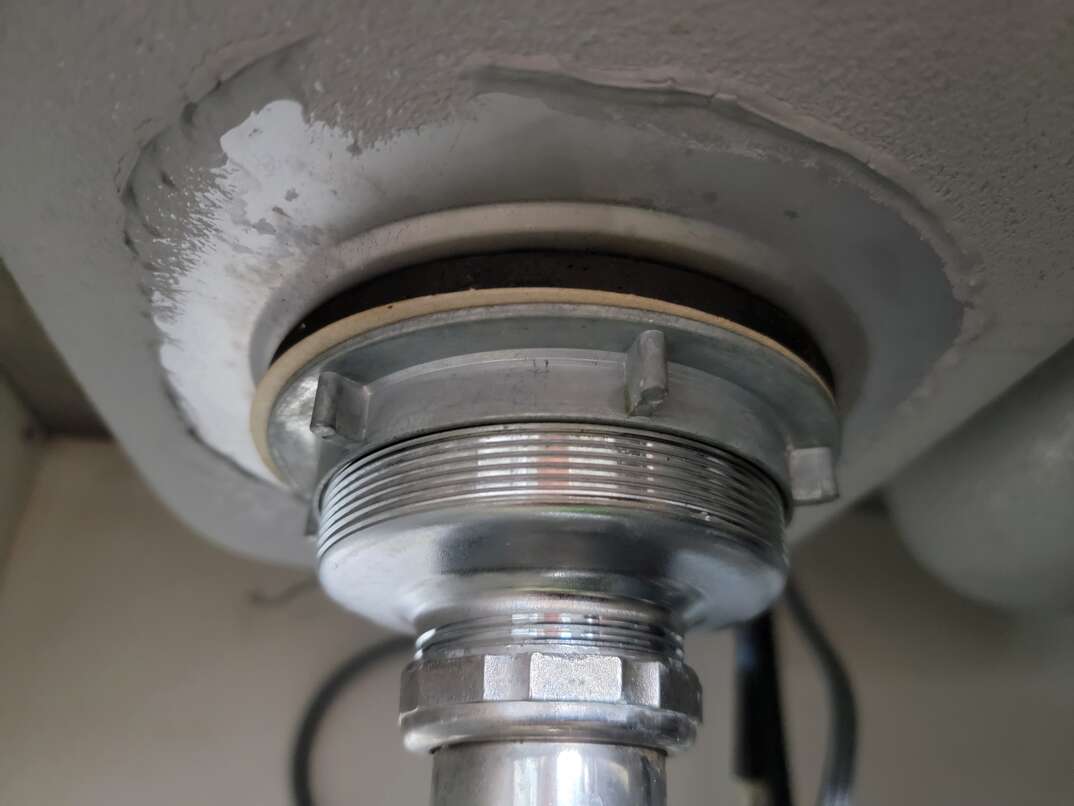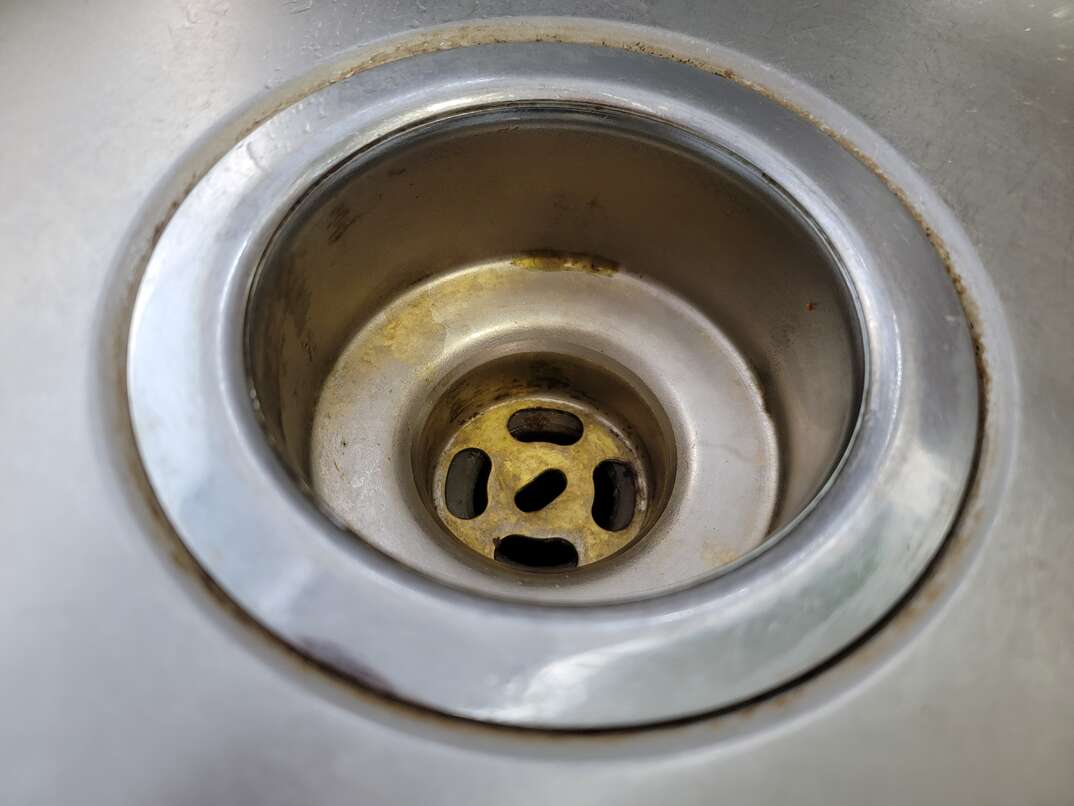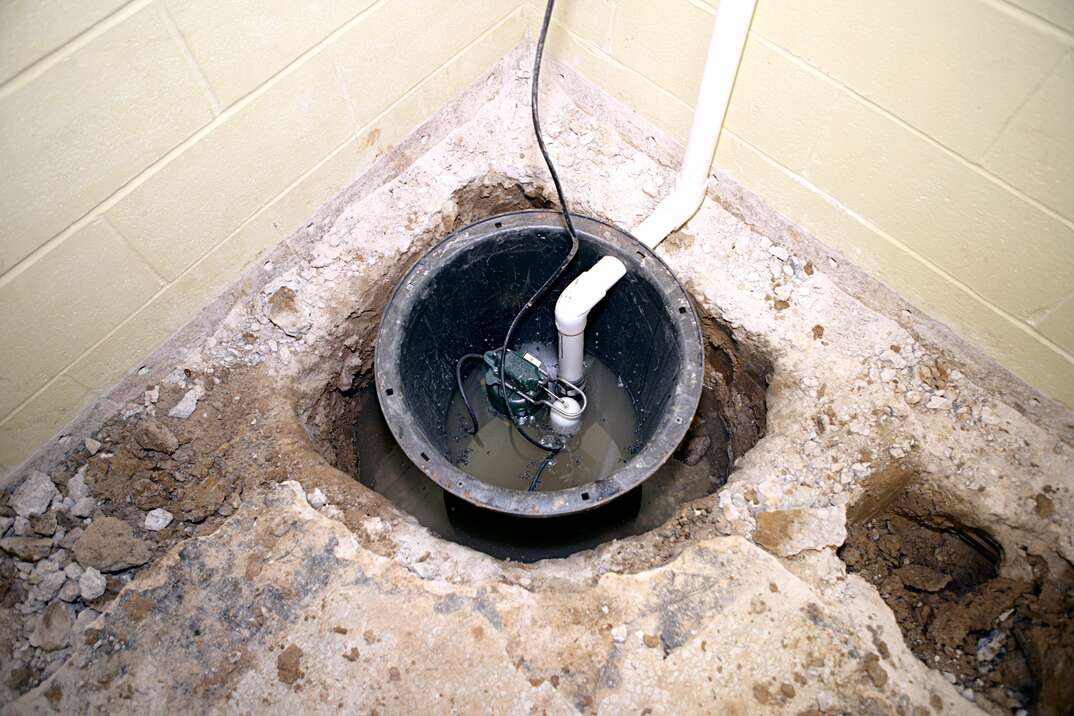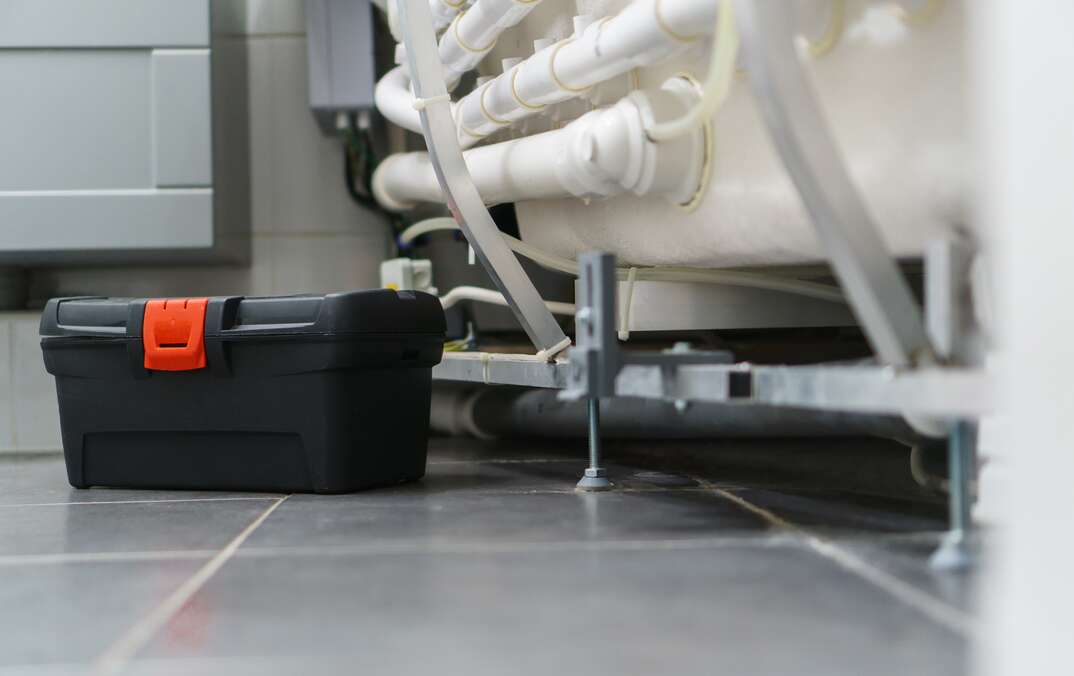How to Install or Replace a Sink Drain Flange

HomeServe image by Matt Schmitz
Ever heard of a sink drain flange? This component plays an important role in your kitchen or bathroom sink's drain assembly. A leaky sink drain flange needs to be replaced quickly to avoid water damage to your home.
This May Also Interest You: Effort Down the Drain: How to Sanitize Your Sink Hole
Fortunately, this is an easy repair, even if you don't have much DIY experience. Here’s how to install a sink flange, plus some tips on removing your old flange from the drain hole.
What Is a Sink Flange?
A sink flange connects the sink drain to a section of pipe called a tailpiece to create a tight seal. It is made of metal and sits around the edge of the drain rather like a collar, and it usually has a grid-like section covering the drain that looks like a strainer. The sink drain flange prevents water from leaking out of the plughole when you run the faucet. If it becomes damaged or loose, water can leak into the area under the sink.
How Do You Install a Sink Flange?
If you're installing a sink drain flange for the first time, start by making a thin sausage shape out of plumber's putty between your hands and place it around the perimeter of the drain opening. The putty should be around 0.25 inches thick.
Next, press the new flange firmly into the hole and follow the manufacturer's instructions for securing it in place. Most new sink drain flanges come with a nut and washer that you'll need to screw on. Start screwing them on by hand, then use pliers until you can't tighten them any further. Before moving onto the next stage, check that the edge of the flange sits flat against the bottom of the sink.
Finally, use a cloth to wipe off any excess putty that's been pushed out from under the seal. You can now attach the bottom of the flange to the tailpiece under the sink.
More Related Articles:
- How to Install or Replace a Bathtub Drain
- How to Remove a Bathtub Drain
- How to Install or Replace a Shower Drain
- Here’s How to Remove a Shower Drain
- Got a Stopped-up Sink With a Sink Stopper? Pull Out All the Stops
How Do You Replace a Kitchen Sink Flange?

HomeServe image by Matt Schmitz
Before you replace your sink drain flange, you'll need to disconnect the old flange from the tailpiece. You can usually unscrew a plastic tailpiece by hand, but a metal tailpiece needs more elbow grease. Use a wrench to unscrew a metal tailpiece. It's a good idea to switch off the water supply to the faucet before you start working to avoid a nasty surprise if someone unwittingly turns the tap on.
Next, unscrew the large nut holding the sink drain flange in place. If it won't budge, spray it liberally with silicone lubricant and leave it for a few minutes before trying again. If it's still stuck, try tightening the nut before loosening it. This can help break any stubborn rust holding it in place.
Once you've removed the nut, push the flange up firmly from underneath the sink until it pops free of the drain hole. Use a putty knife to scrape away any dried-on plumber's putty before installing a new sink drain flange using the instructions above.
How Do You Replace a Bathroom Sink Flange?
The steps for removing a bathroom sink drain flange are the same as removing a flange from a kitchen sink. However, some bathroom sink drains have a stopper attached. You'll need to unscrew and remove the stopper before you can push the sink flange out of the drain hole.


